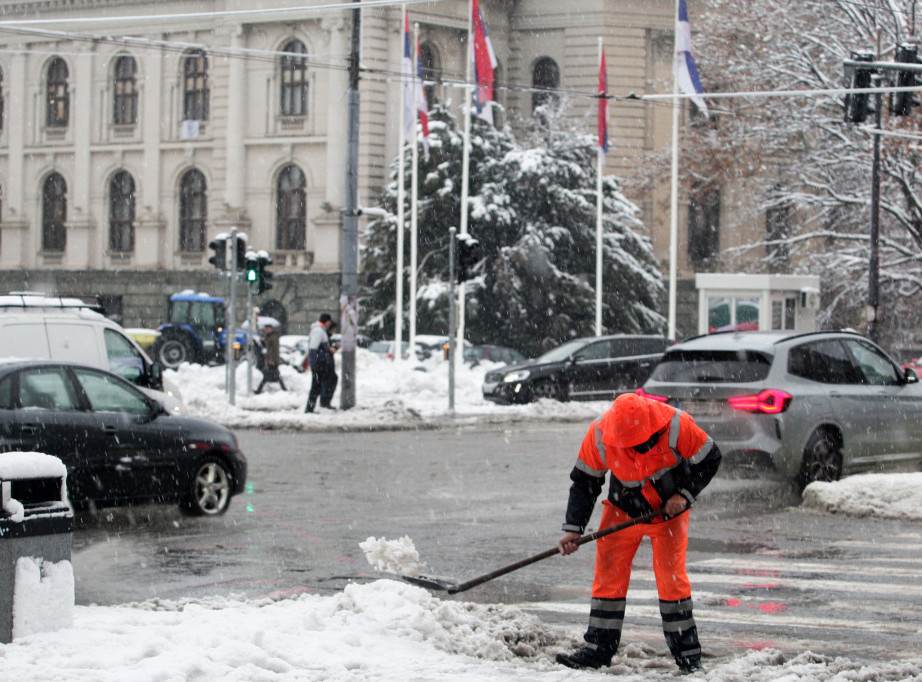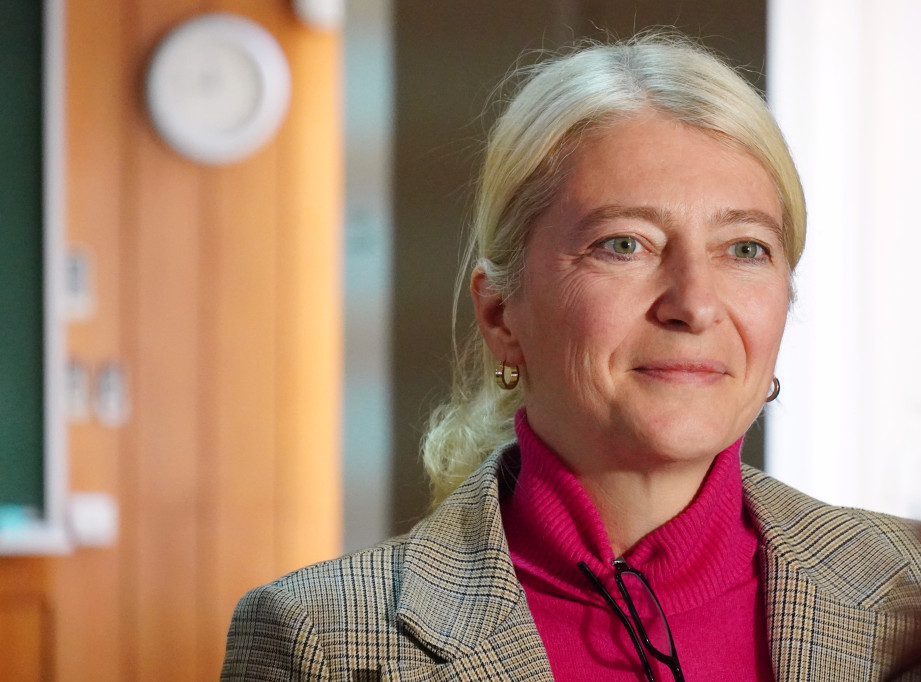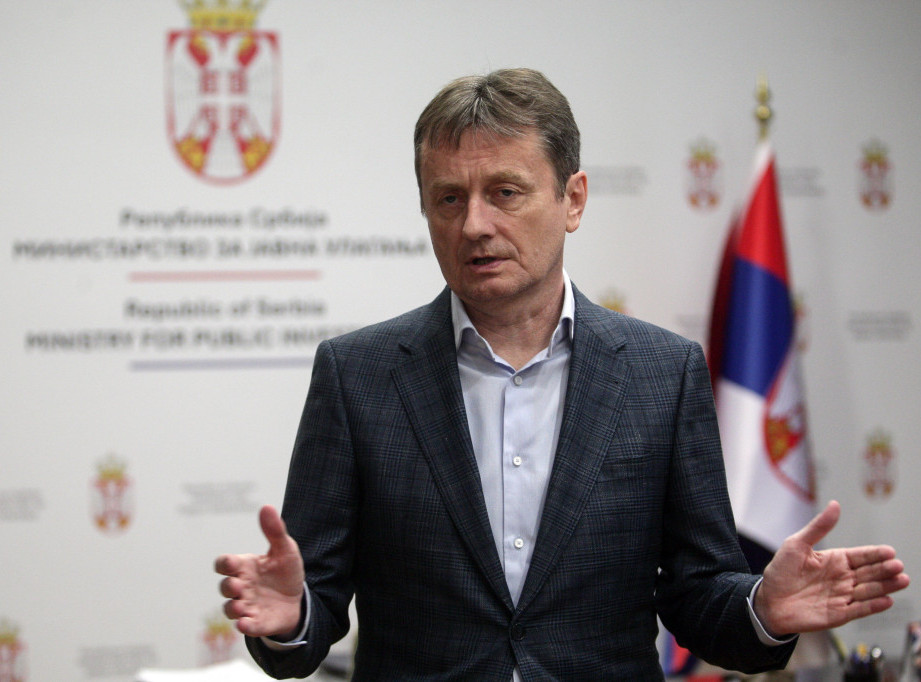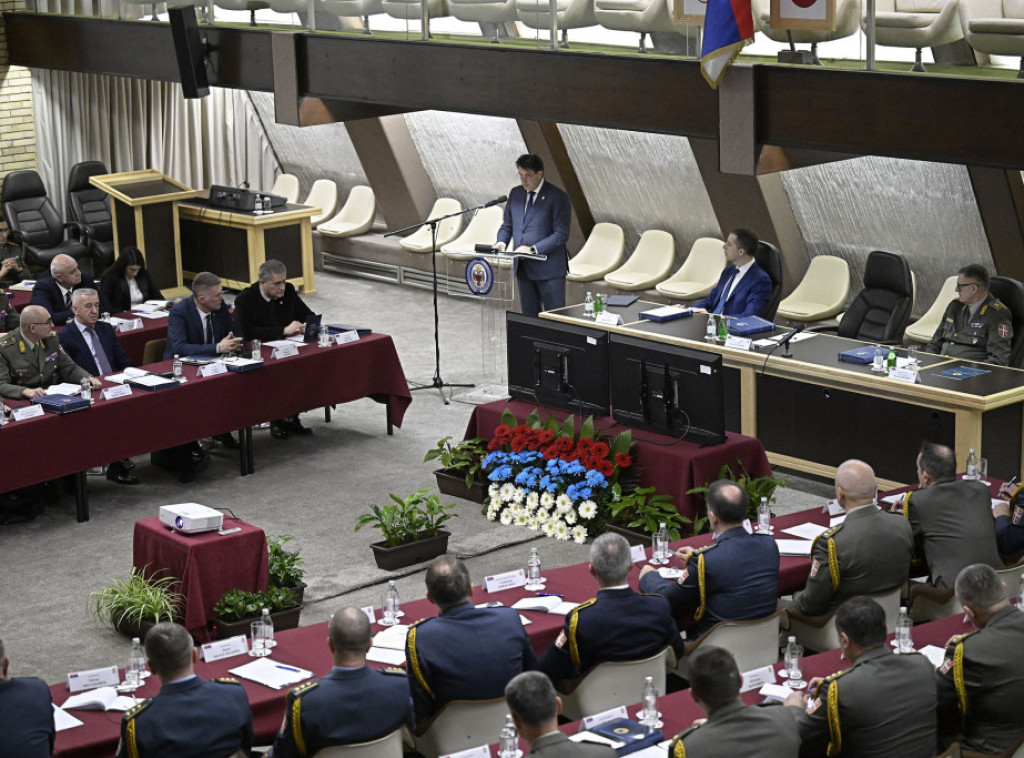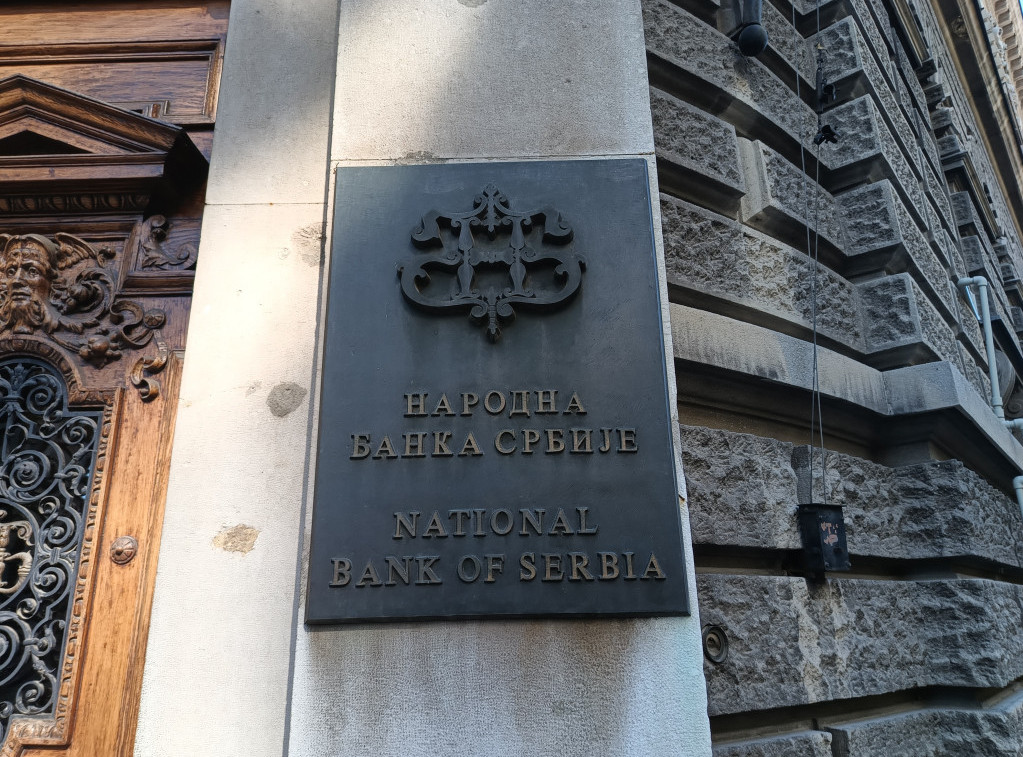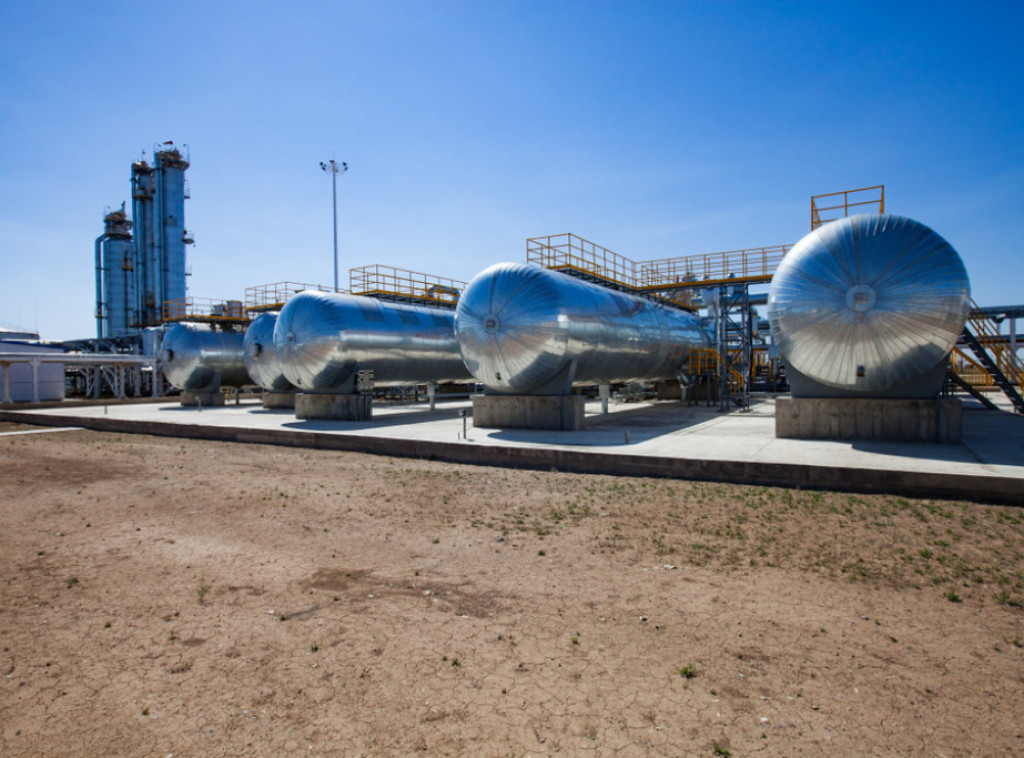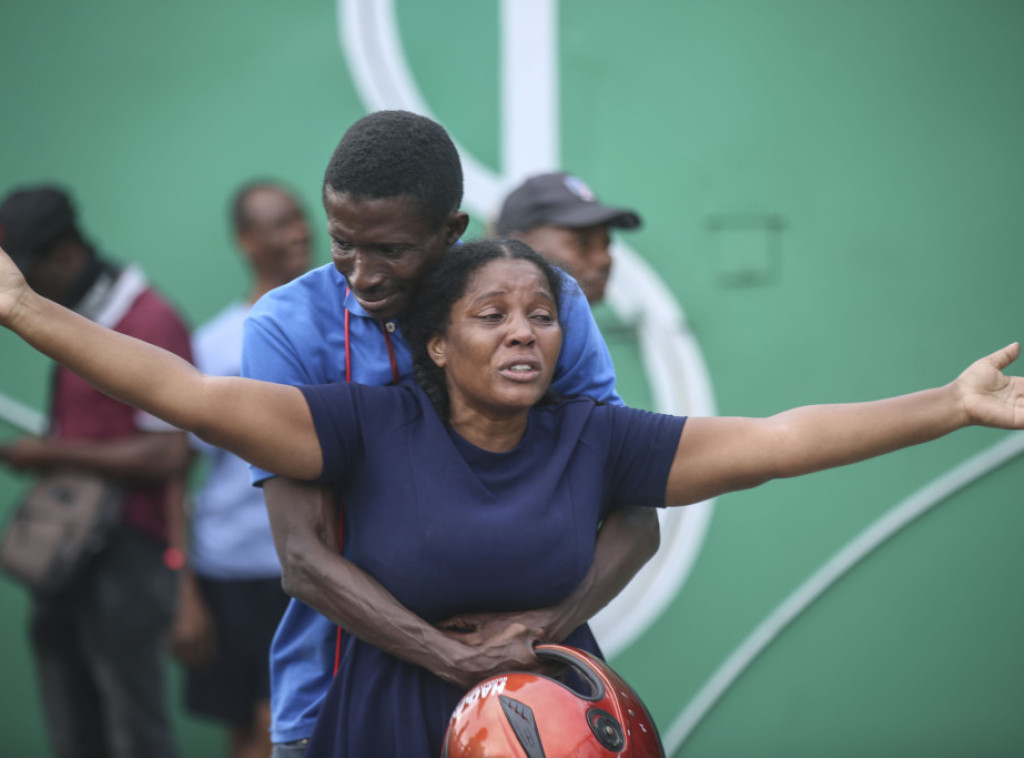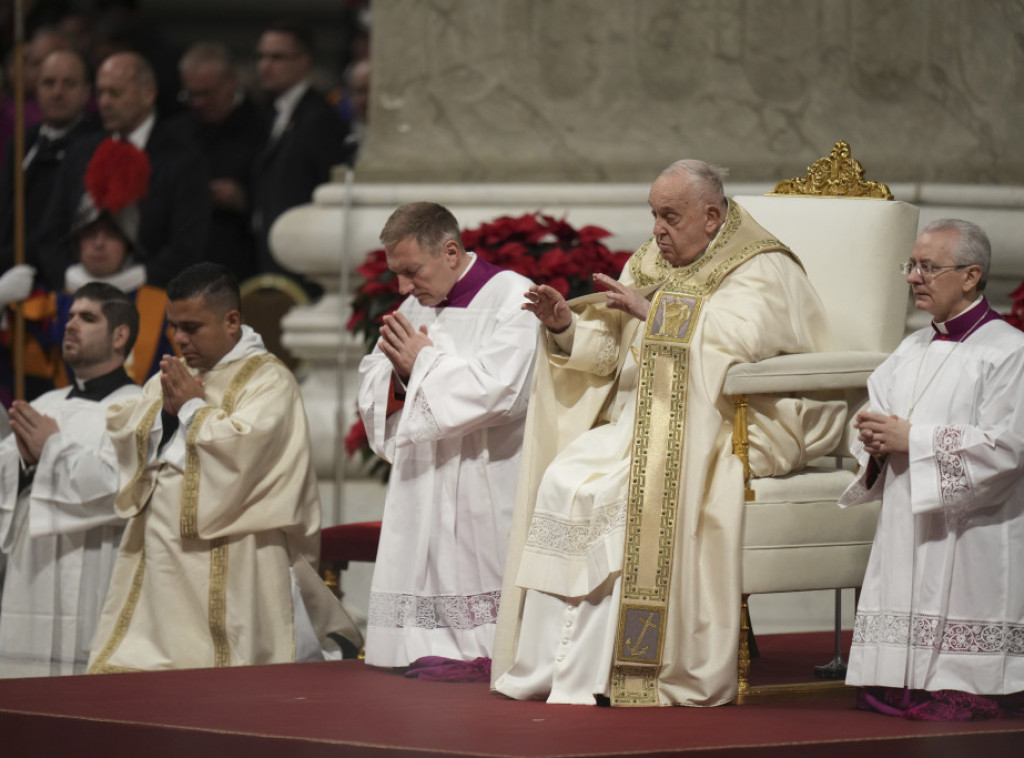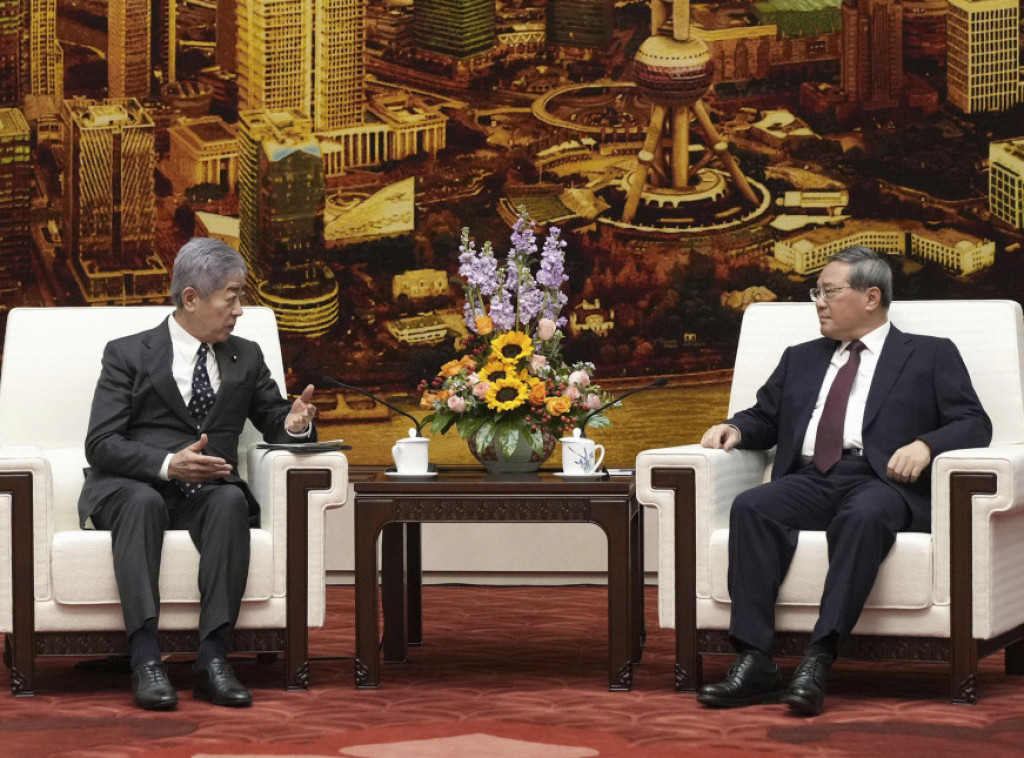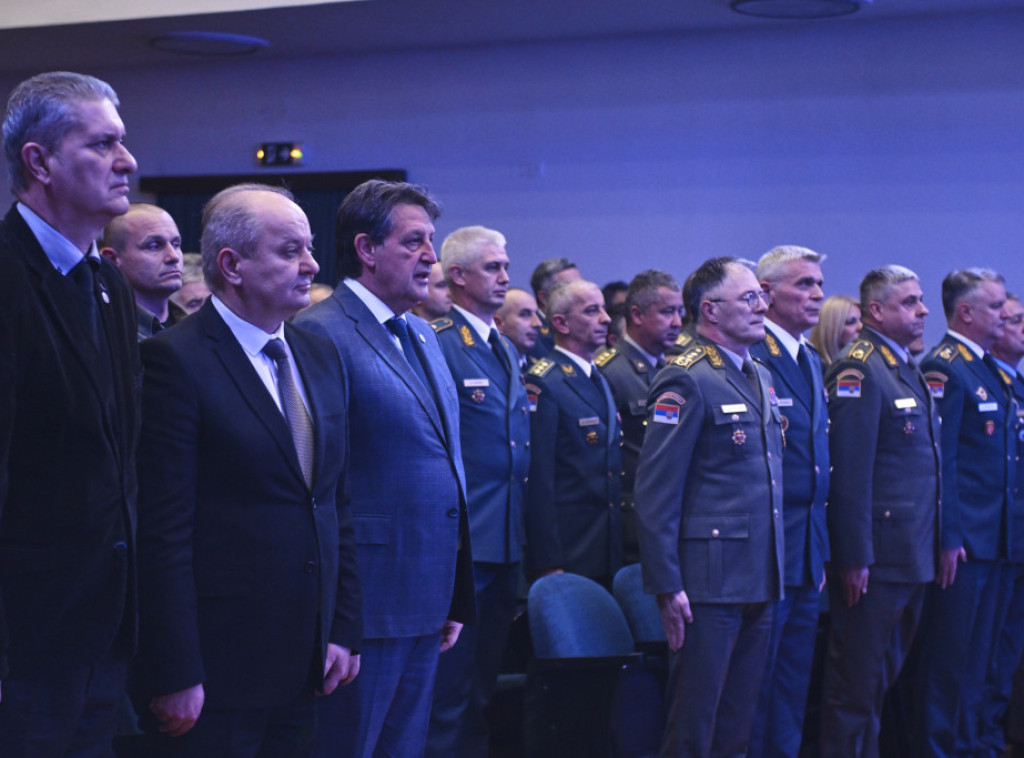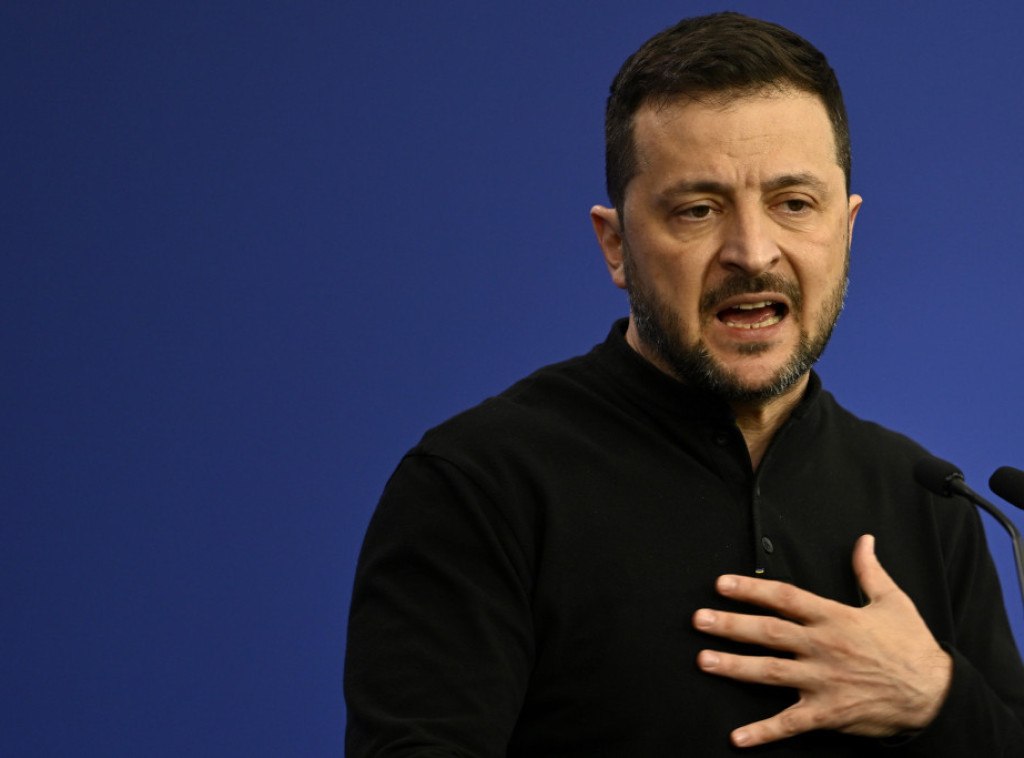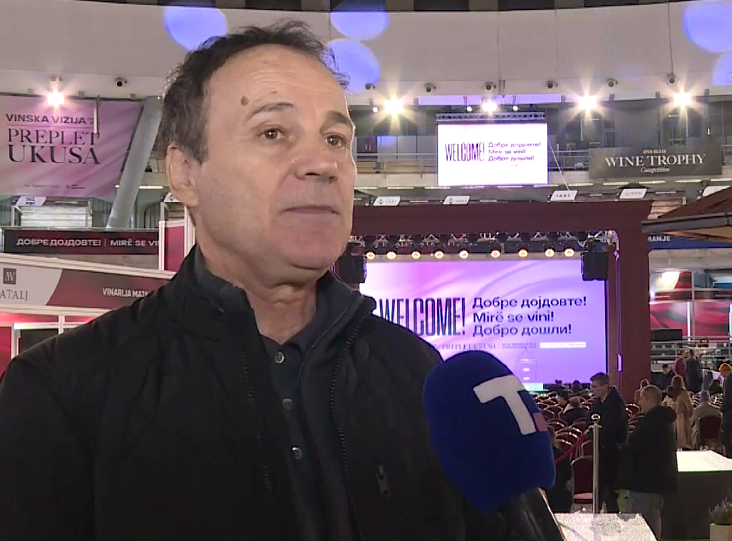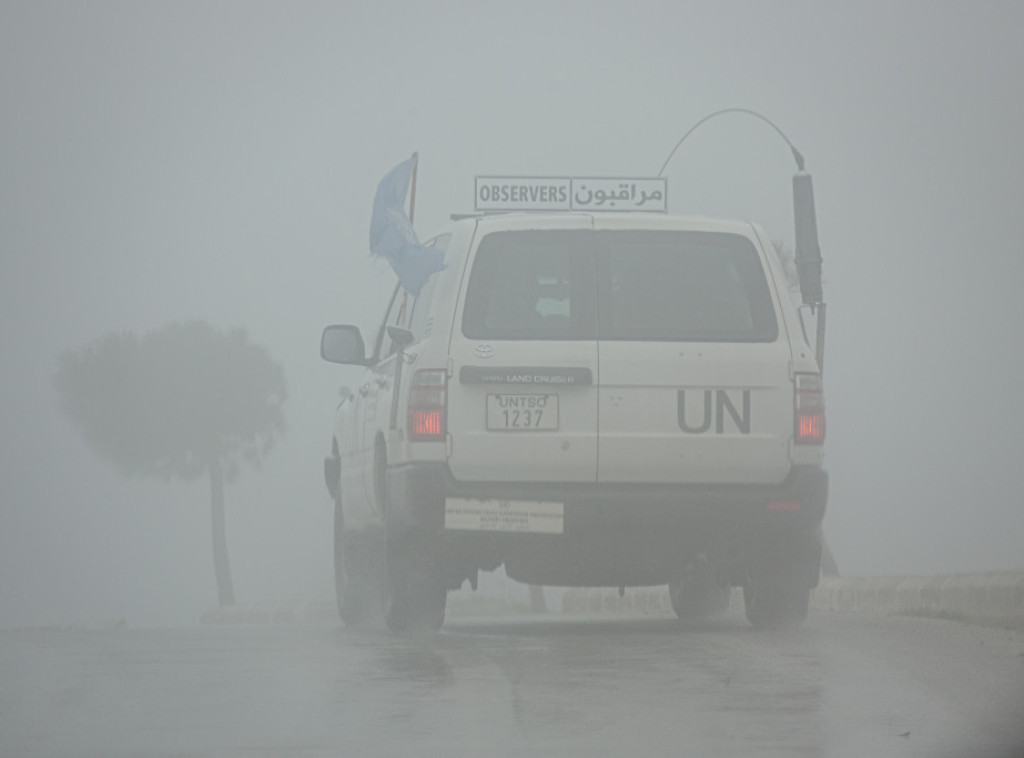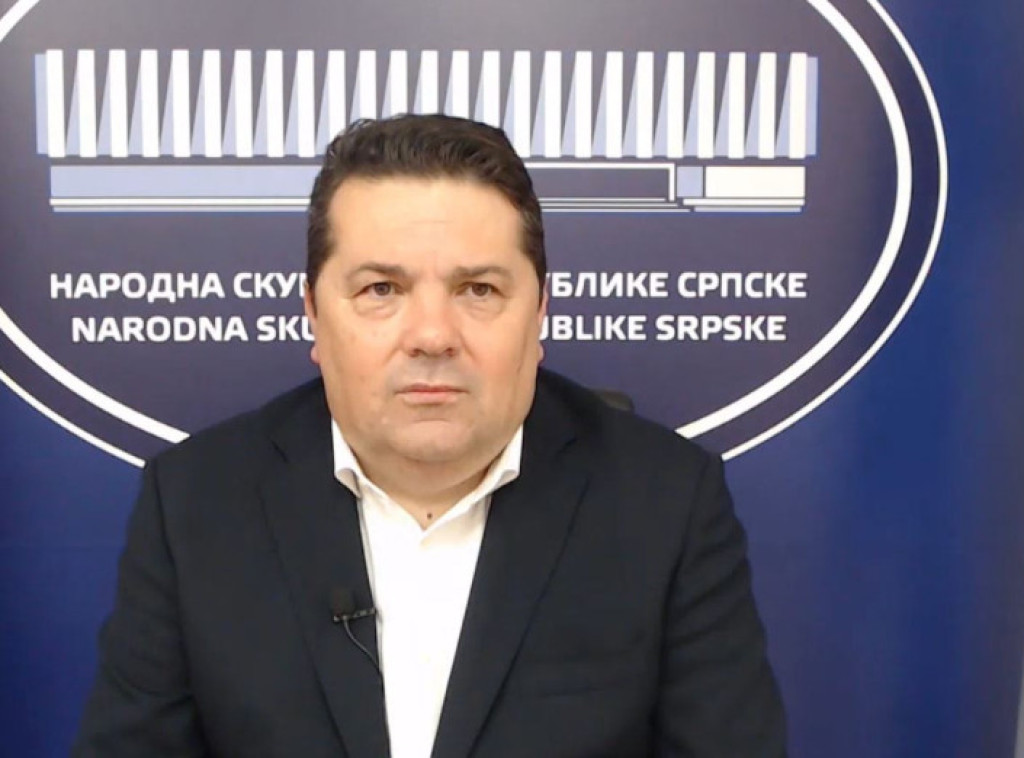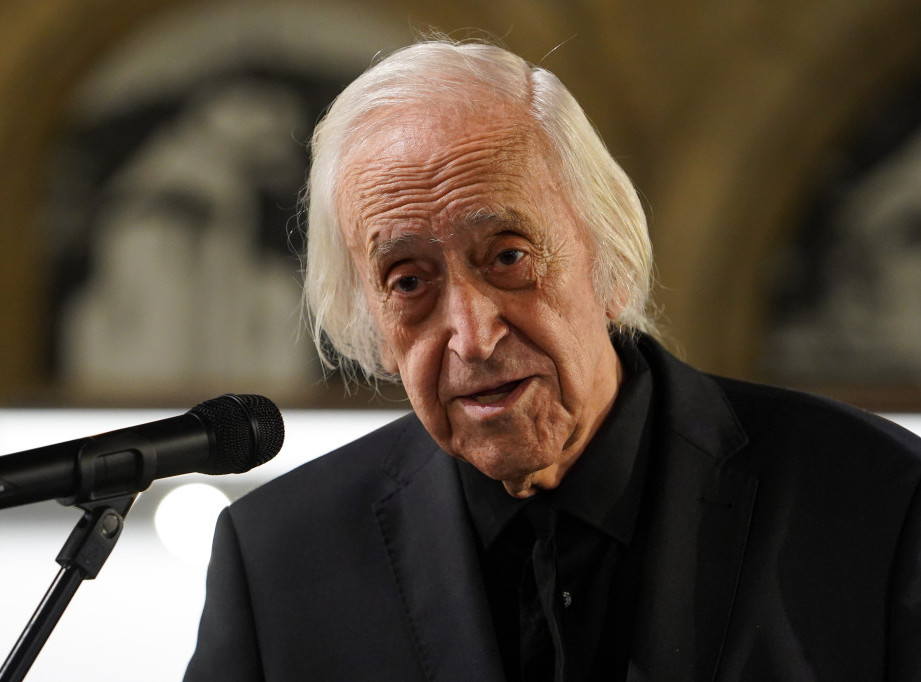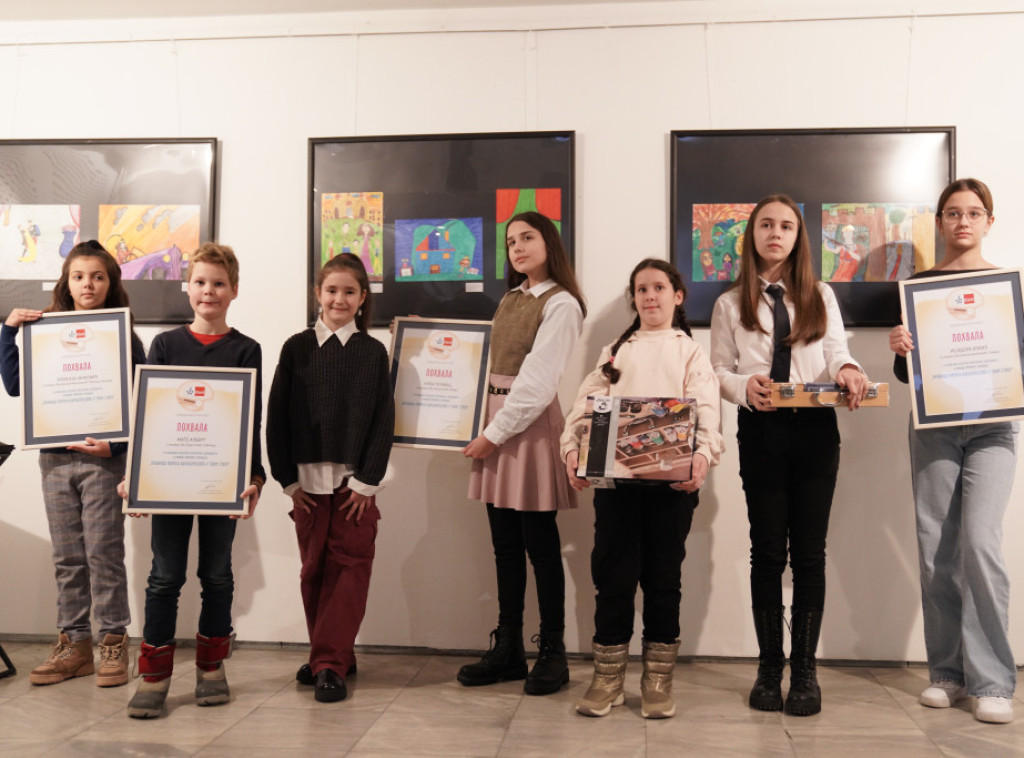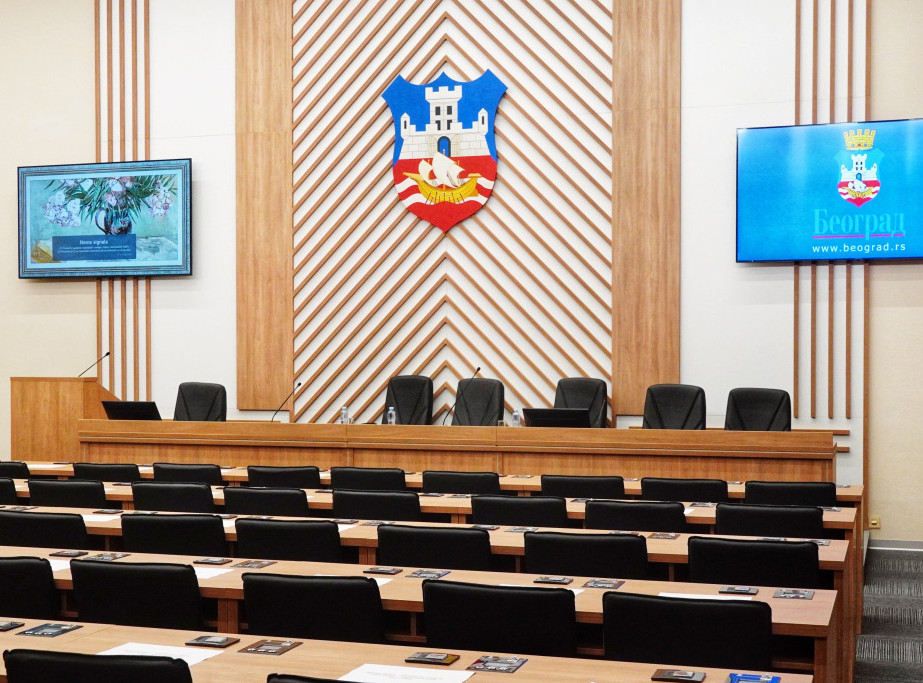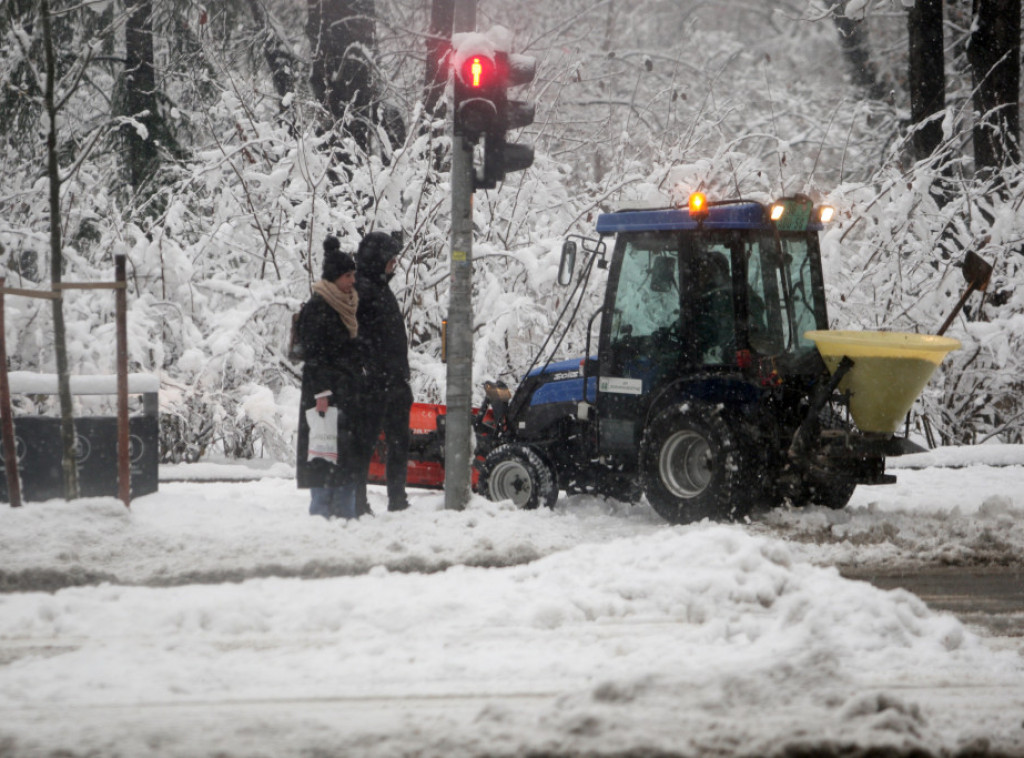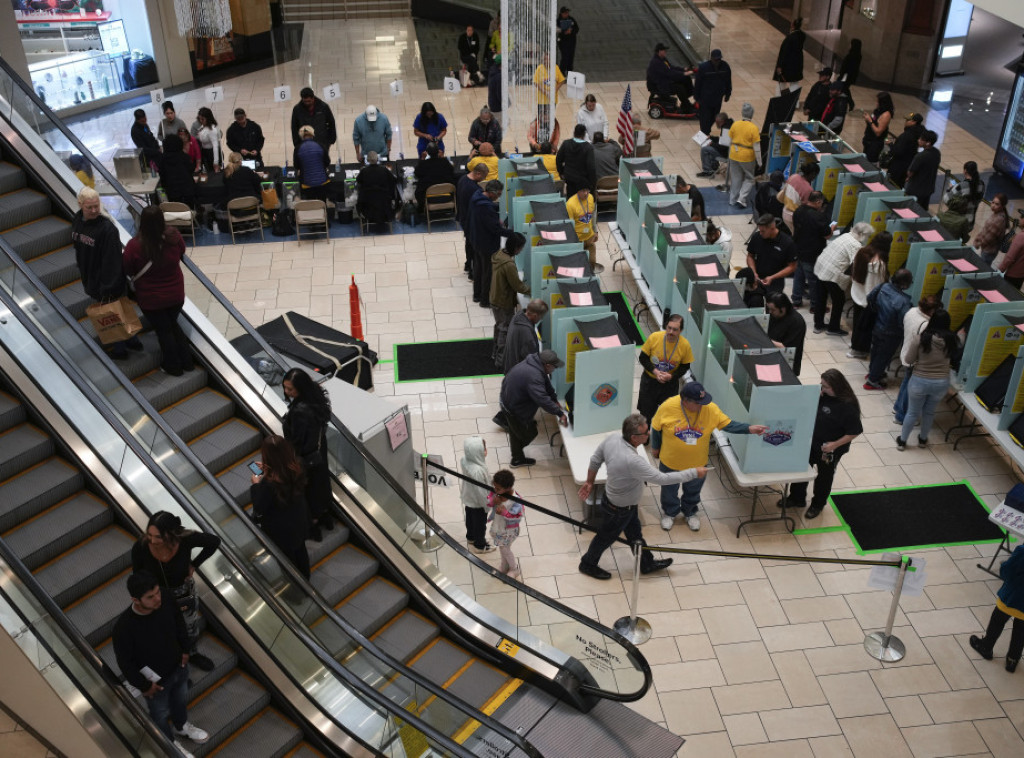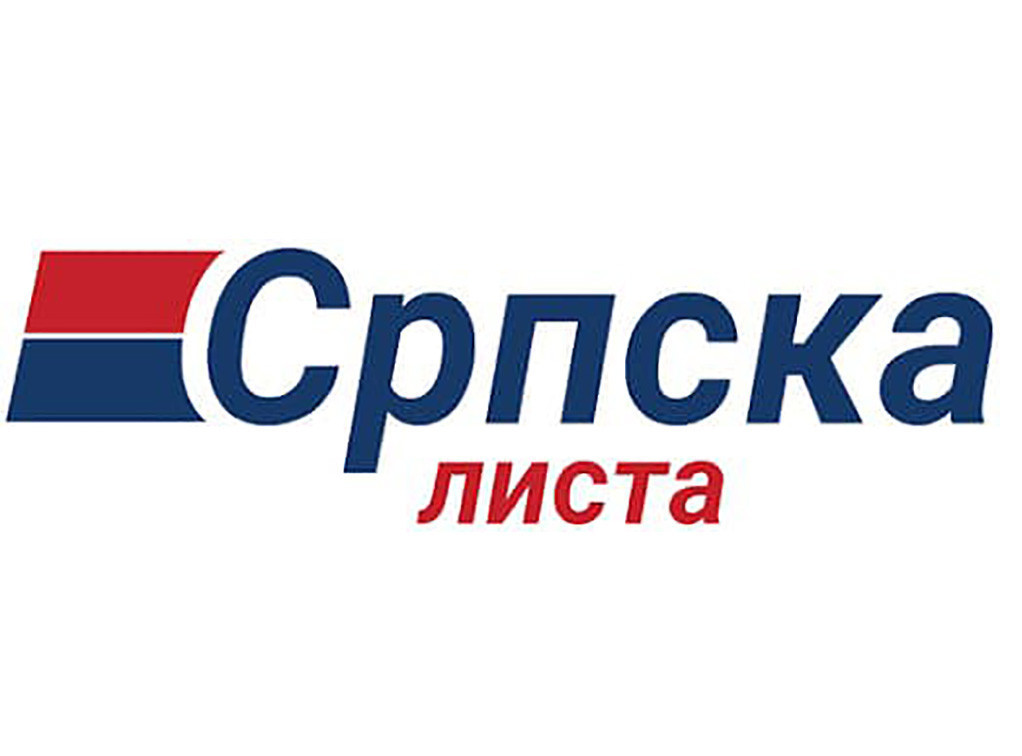
29. februar 2024 15:55
ODIHR report gives positive assessment to Serbian national electoral commission
podeli vest
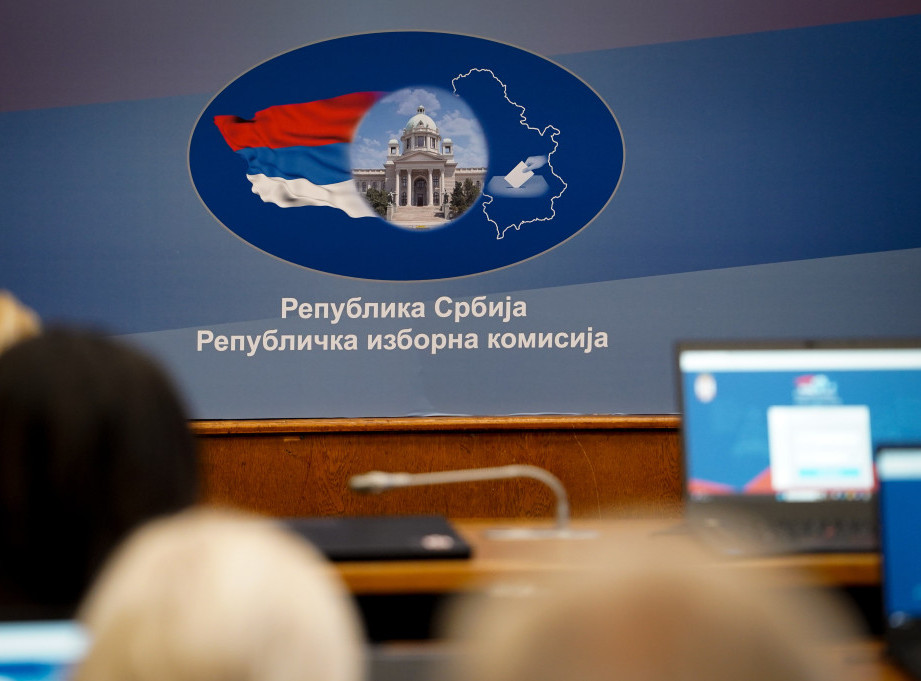
Foto: TANJUG/JADRANKA ILIĆ
BELGRADE - The OSCE Office for Democratic Institutions and Human Rights (ODIHR) has officially released its final report on the December 17 Serbian elections, giving a positive assessment of the work of the national electoral commission and issuing recommendations for legislative and procedural changes before the next elections.
The Republic Electoral Commission (REC) "conducted and streamed online regular sessions that were open to media and observers, and published all of its decisions within 24 hours on its website, as required by law, contributing to transparency."
"Background materials were distributed timely to members well ahead of its sessions, facilitating meaningful discussions on agenda items. In the run-up to elections, the REC largely enjoyed confidence in its technical capacity from most stakeholders, with many noting improved communication and transparency," the report says.
"Overall, the REC efficiently conducted the election preparations; however, the lack of a permanent secretariat, along with limited human and financial resources, hinders its ability to sustainably improve its work between electoral periods," it says.
"To achieve sustainable progress in its activities, such as developing instructions, training election officials, improving voter education campaigns, and enhance the accessibility of the electoral process, the Republic Electoral Commission should be granted sufficient administrative and technical capacity, including its own permanent secretariat," it also says.
"Prior to the elections, the REC amended ten existing instructions and adopted two new ones. ...The amendments partially addressed previous ODIHR recommendations, including those aimed at enhancing the access of persons with disabilities, tackling overcrowding, ensuring vote secrecy, and the timely publication of election results by polling station," it says.
"The REC trained lower-level commissions online and in-person from mid-November until three days before election day, using improved training manuals on election day procedures, determination of results and complaints adjudication. For most PB training sessions, ODIHR EOM long-term observers reported low attendance, occasionally noting the trainers’ low engagement, a lack of opportunity for questions and clarifications, and non-user-friendly visual materials. Despite previous ODIHR recommendations, participation in the training was not mandatory."
"To enhance the effective exercise of voting rights, the Republic Electoral Commission should develop and implement a timely, comprehensive and targeted voter education programme, including on voters’ rights, the prevention of group voting, and the importance of voting by secret ballot."
The International Election Observation Mission (IEOM) "gave a positive assessment to the voting process in 93 pct of the 1,208 polling stations observed," it says.
"Negative assessments were primarily attributed to overcrowding and inadequate measures to ensure secrecy of the vote."
The ODIHR issued 25 recommendations in a bid to further enhance the "conduct of elections in Serbia and to support efforts to bring them fully in line with OSCE commitments and other international obligations and standards."
"Necessary legislative amendments should be initiated well in advance of the next elections through an inclusive consultative process built upon a broad political consensus," one of the recommendations says.
"To ensure consistent application of election day procedures and enhance the professional capacity of the election administration, standardized mandatory training could be considered for all Local Electoral Commission and Polling Board members and prospective members, including the extended compositions of these bodies," the ODIHR also recommends.


